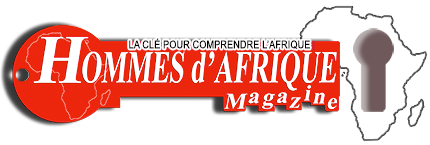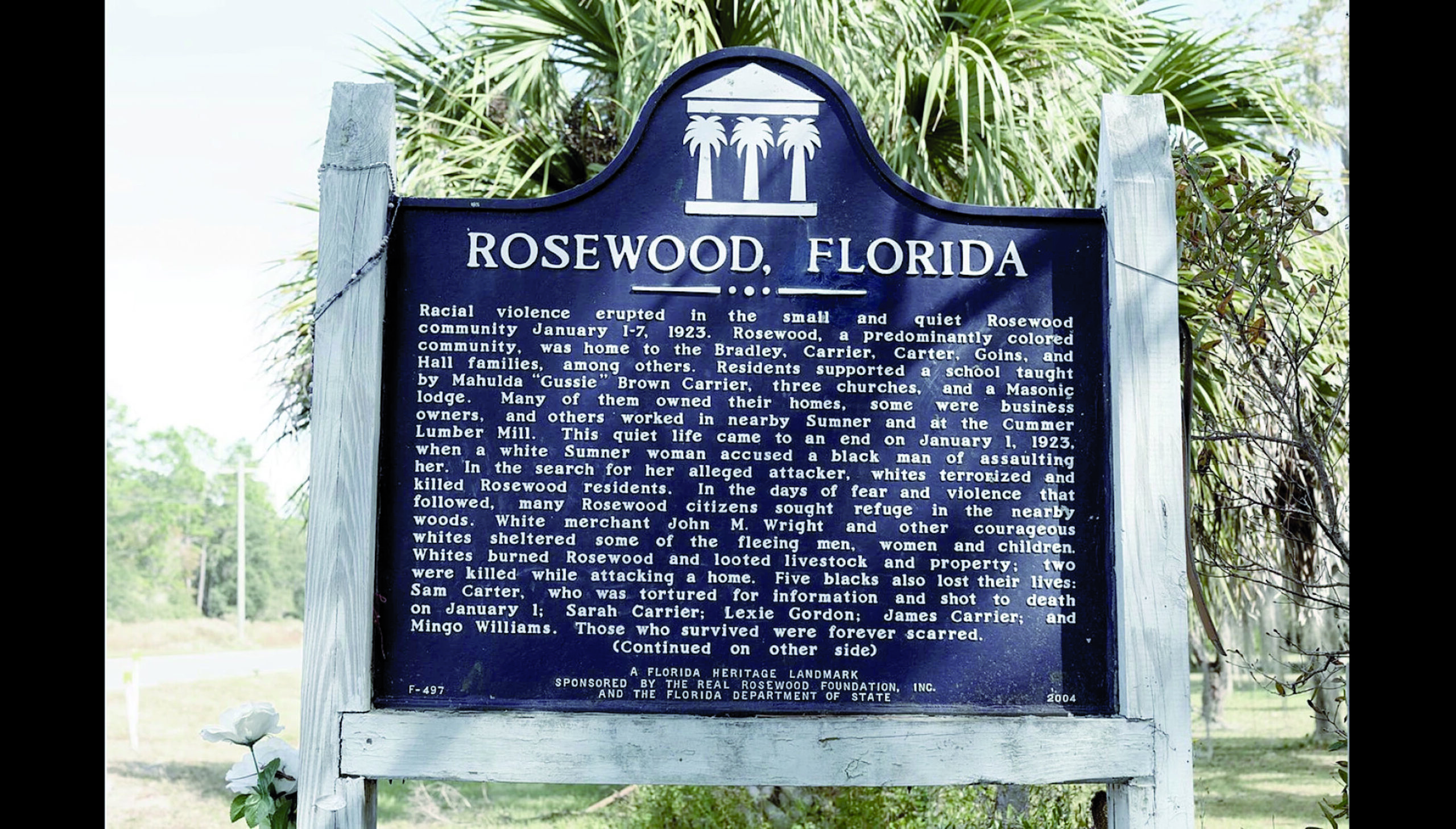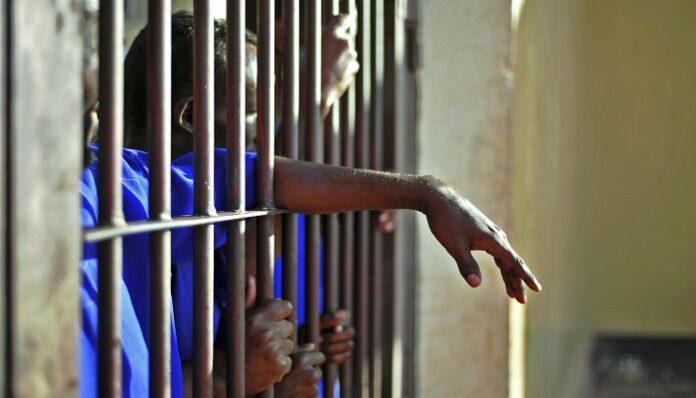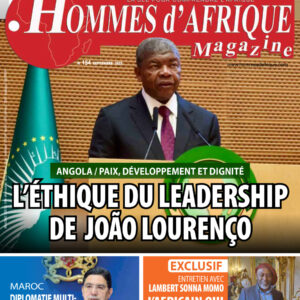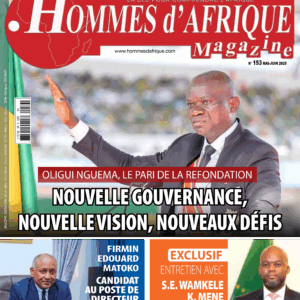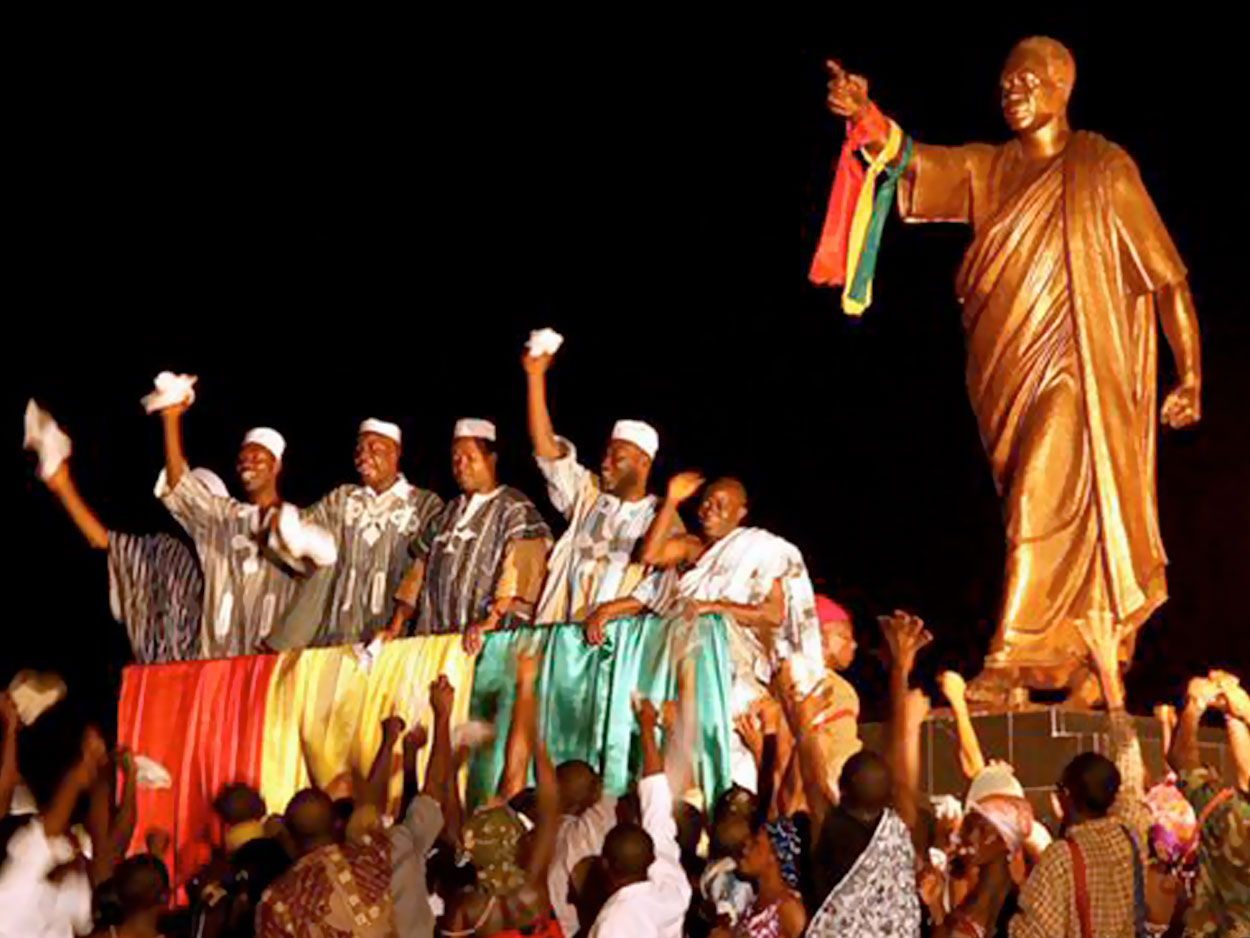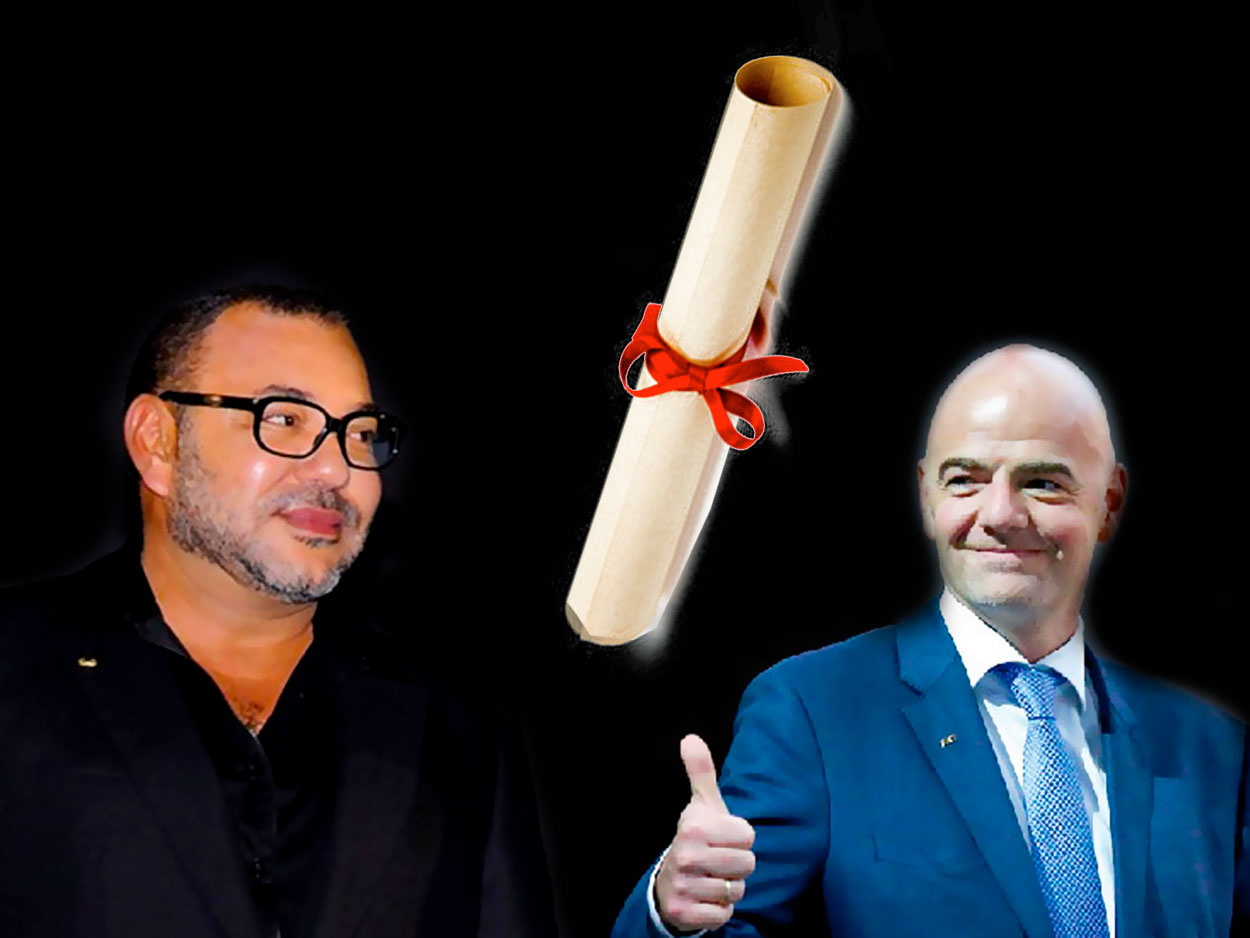CAN PRESIDENT JOE BIDEN’S STRATEGIC PARTNERSHIP WITH AFRICA SOLVE THAT CONTINENT’S PARADOX? WILL HE BE THE FIRST U.S. PRESIDENT TO BE A REAL FRIEND OF AFRICA?
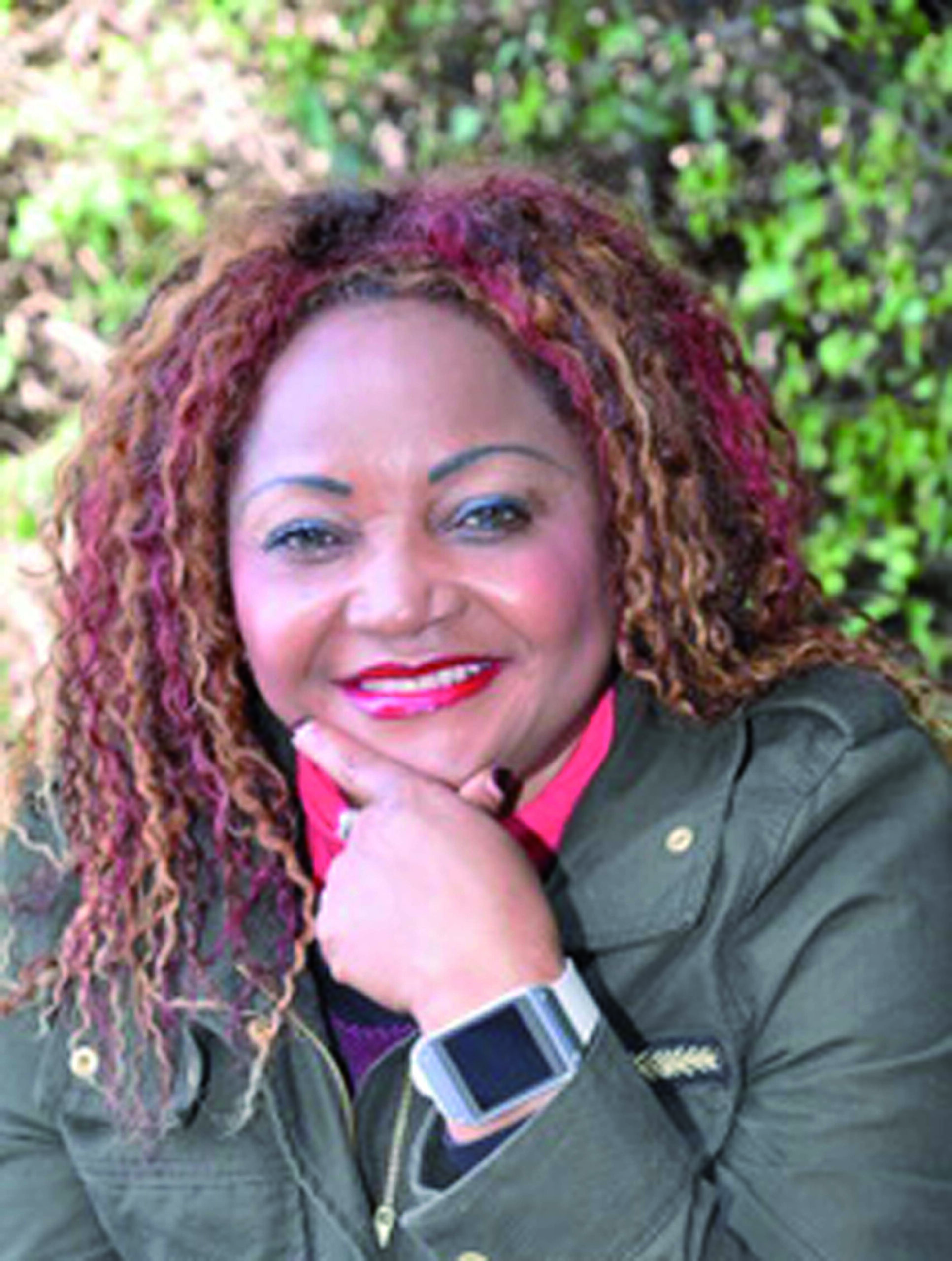
What will 2023 bring for Africans? Partnership would be a good gift.
“Partnership! partnership! Partne-rship!” insisted President Joe Biden when he hosted the U.S. Africa Leaders Summit in Washington, D.C., from 13 to 15 December 2022.
“Today, the United States is launching a new strategic partnership with the African Union,” he declared on the closing day of the summit. “We’re teaming up to create a more resilient food system, improving how communities can grow, sell, and buy their own food. This includes investing in infrastructure that will promote sustainable food security, like irrigation, roads, grain storage, and so much more.”
Of all the U.S. Presidents, Joe Biden is perhaps the one with the best knowledge of Africa. For 36 years, starting on 3 January 1973, he was a U.S. Senator, representing the State of Delaware. He ended his senatorial job on 15 January to become five years later the Vice President of the United States. He kept that position for 8 years and was elected the 46th U.S. President on 3 November 2020 and took office on 20 January 2021.
So, during the past half-century, he was at the forefront of U.S. politics. Remarkably, he had acquired a unique knowledge of African issues. Already in the 1970s and 1980s, his anti-apartheid activism in the Senate shook the conformism of an institution and administrations that rather supported the South African regime. Perhaps is Ronald Reagan’s administration (1981 – 1989) the closest friend the apartheid regime had. Thus, Senator Biden fought apartheid even more vigorously during that administration. One remembers his clash in the Senate hearings in July 1986 against then Secretary of State George Shultz. Senator Biden’s attacks against the administration’s pro-apartheid policy that Secretary Shultz was defending are the most passionate ever heard in the U.S. Senate. Senator did not hesitate to go to South Africa to confront the racist regime directly, face to face.
Why recall President Biden’s past activism? Because it gives a clue about his state of mind and convictions regarding Africa. That past is a goodwill card to his credit when he deals with Africa. Could it change Africans’ life in the 21st century?
Africans’ life is a paradox. “Africa is a paradox,” wrote Dr. Kwame Nkrumah his book, “Neo-Colonialism, last stage of imperialism,” published in 1965. What type of paradox? He explains: “a paradox which illustrates and highlights neo-colonialism. Her earth is rich, yet the products that come from above and below the soil continue to enrich, not Africans predominantly, but groups and individuals who operate to Africa’s impoverishment.”
In his 2001 book “Paradoxes: their roots, range, and resolution,” Nicholas Reschler, the German-born American philosopher, currently aged 94 years, genuinely defines the word “paradox” and provides keys to solve he said, all types of paradoxes.
“The word “paradox” derives from the Greek “para” (beyond) and “doxa” (belief),” Reschler writes. “A paradox is literally a contention or group of contentions that is incredible – beyond belief. In the root sense of the term, paradoxes are thus a matter of far-fetched opinions, curious ideas, outlandish occurrences and such-like anomalies in general that run counter to ordinary expectations.”
Africans’ impoverishment is a paradox in that it is an “outlandish occurrence,” as Reshler says. The philosopher provides the methodology to solve paradoxes. Can the U.S. follow his compatriot’s methodology and tackle Africa’s paradox? President Biden’s partnership proposal to Africans will be welcome only if he contributes to solve the African impoverishment paradox.
At the U.S. Africa Summit, Mr. Jake Sullivan, the White House National Security Advisor announced that the United States will commit $55 billion during the next three years for Africa. This is a huge amount. President Biden should be congratulated for it. If one keeps in mind that Africa’s population is $1.3 billion, that large amount of promised money in 36 months is feeble compared to the $100 billion that the USA has disbursed for Ukraine, 40 million inhabitants, in less than 10 months.
Anyway, in both cases, it is American taxpayers’ money. The U.S. Congress and government can spend it as they will. Africans have nothing to say about that spending.
Africans are not looking for foreign money. What they need, urgently, is to break down the hurdles on their way to economic and social progress. They are mainly three of them: a torrential outflow of wealth, the unfair international US dollar-based monetary system, and uncompetitive domestic political systems that make the pathway to leadership almost impossible for the most qualified candidates. It is the exclusive duty of Africans to crush the third hurdle.
If President Biden’s strategic partnership proposal helps to successfully attack the first two hurdles, he would have tremendously contributed to solving the African paradox. He would become the first president in U.S. history that Africans could call a real friend.
